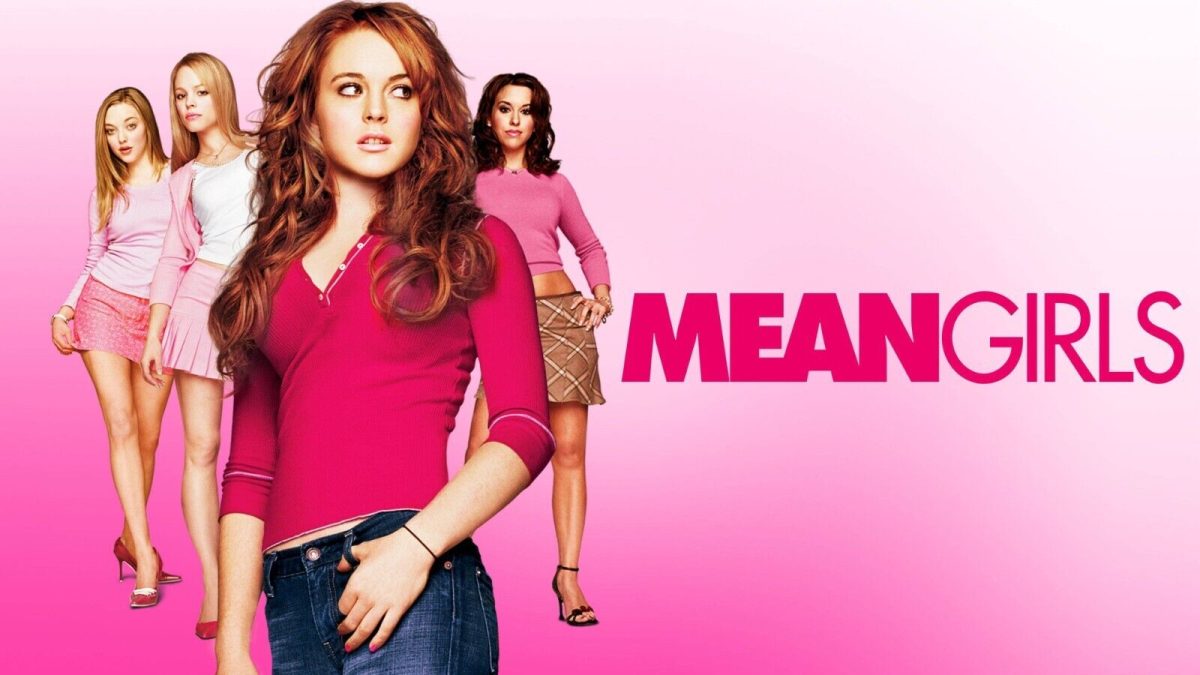Released in 2004, “Mean Girls” wasn’t just a teen comedy but a cultural phenomenon. The film, written by Tina Fey and based on her book “Queen Bees and Wannabes,” captured the absurdity and drama of high school cliques, bullying, and social hierarchies with hilarious accuracy. Even 20 years later, its impact is undeniable, with its quotable lines, iconic characters, and sharp social commentary continuing to resonate with audiences, especially in the age of social media.
“Mean Girls” takes us into the world of North Shore High, where the Plastics, led by the queen bee Regina George, reign supreme. Cady Heron, a homeschooled newcomer, navigates this treacherous social landscape, infiltrating the Plastics while documenting their antics for a school anthropology project. As Cady gets sucked deeper into their world, she loses sight of herself, ultimately learning a valuable lesson about friendship, identity, and staying true to oneself.
“‘Mean Girls” shows you the dangers of cliques, the power of words, and the importance of staying true to yourself, it might be a comedy, but it’s a mirror we parents desperately need to hold up to the world our teenagers are navigating.” Carolina Londono, mother to two TCS students, said.
The film’s brilliance lies in its ability to be both laugh-out-loud funny and surprisingly insightful. With is evident in the quotable dialogue, from “On Wednesdays, we wear pink” to “You can’t sit with us,” which have become ingrained in pop culture. But beyond the humor, “Mean Girls” tackles serious issues like bullying, peer pressure, and the damaging effects of conformity. It exposes the dark underbelly of high school cliques, where popularity often comes at the expense of kindness and authenticity.
“‘Mean Girls” is the Bible of high school. It’s got everything: the Plastics, the Burn Book, the drama over boys, the pressure to fit in. It’s like Tina Fey saw into our souls and wrote it all down. Sure, it’s exaggerated, but that’s what makes it funny. And trust me, the things Regina George pulls off? They happen. Not exactly like in the movie, maybe, but the basic playbook? It’s real” Maria del Mar Alvarez, grade 12, said.
The film’s impact extends far beyond the box office. “Mean Girls” has spawned a dedicated fan base the rise of social media has only amplified its reach, with memes, hashtags, and GIFs keeping the film relevant for a new generation. In the era of Instagram and TikTok, where social dynamics play out online, the film’s themes of cyberbullying and peer pressure resonate even more strongly.
“I swear, sometimes I think my daughters speak fluent ‘Mean Girls.’ One minute they’re quoting lines like ‘She doesn’t even go here!’ and the next, they’re dissecting the latest Instagram post with the precision of brain surgeons.” Carolina Londono, mother to two TCS students, said.
“Mean Girls” has also sparked important conversations about female friendships and the portrayal of women in media. While some critics argue that the film reinforces stereotypes of teenage girls as catty and manipulative, others see it as a subversion of those stereotypes. By exaggerating these behaviors to absurdity, the film ultimately exposes their emptiness and harmfulness.
“Guys, we’re not immune to the ‘Mean Girls’ effect. We see the cliques, the gossip, the whole social hierarchy thing. We might not be the ones wearing the pink or writing in the Burn Book, but we’re caught in the crossfire. And don’t even get me started on the Plastics’ standards for dating” Tomas Aristizabal, grade 12, said.
“Mean Girls” is more than just a teen comedy; it’s a cultural touchstone that continues to resonate with audiences of all ages. Its sharp humor, relatable characters, and insightful social commentary offer a hilarious and thought-provoking look at the dynamics of high school and the pressures of fitting in. In the age of social media, where these issues are even more prevalent, the film’s message of staying true to oneself and rejecting the tyranny of popularity remains as relevant as ever. Because even though it’s been 20 years, on Wednesdays, we still wear pink.



